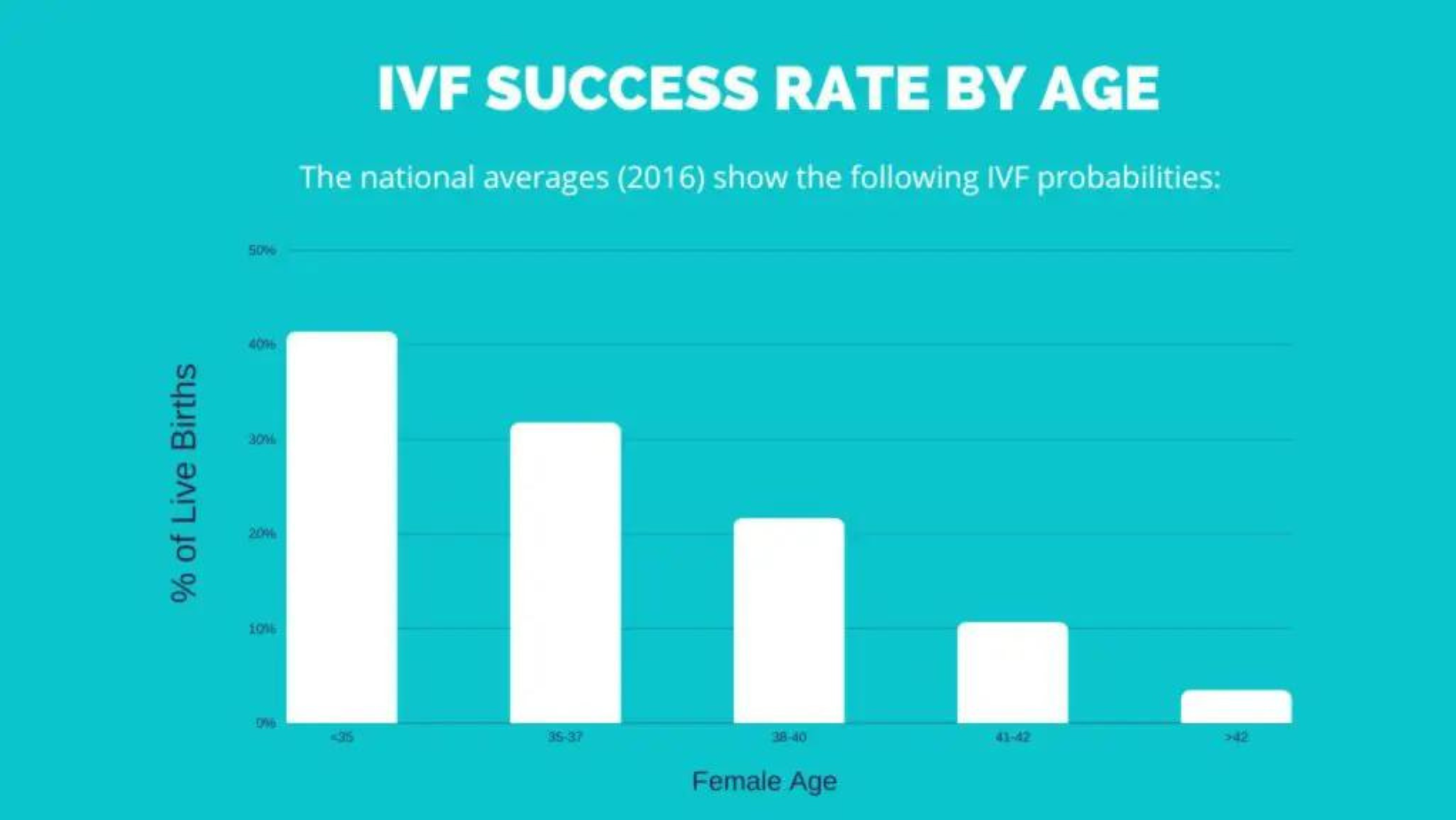
assisted reproductive technology, In-Vitro Fertilization (IVF) stands as a beacon of hope for many aspiring parents. It’s a process that involves complex procedures and meticulous planning, but its success hinges on a multitude of factors. Let’s delve into the intricacies of what determines the success of IVF.
Age: The Ever-Present Influence
Age is a pivotal factor in the realm of IVF success. As individuals age, their fertility naturally declines. This decline is particularly noticeable in women due to the decrease in ovarian reserve, which refers to the quantity and quality of eggs remaining in the ovaries. Younger individuals generally have better success rates with IVF due to higher ovarian reserve and egg quality. However, as age advances, the efficacy of IVF procedures diminishes, making timely intervention crucial.
Reproductive Health
Reproductive health plays a crucial role in IVF success. Hormonal imbalances can disrupt the delicate interplay necessary for successful fertilization and implantation. Conditions such as polycystic ovary syndrome (PCOS) or endometriosis can pose challenges to conception. Additionally, structural issues within the reproductive organs, such as uterine fibroids or blocked fallopian tubes, can impede the process. Addressing these health concerns prior to undergoing IVF can significantly improve the chances of success.
Lifestyle Factors
The lifestyle choices we make can significantly impact IVF outcomes. A balanced diet and regular exercise contribute to overall health, which in turn can positively influence fertility. Conversely, habits like smoking and excessive alcohol consumption can hinder fertility and reduce the effectiveness of IVF treatments. Making healthy lifestyle choices can create a more favorable environment for successful conception and pregnancy.
Previous Pregnancy History
Previous experiences with IVF and pregnancy can offer valuable insights into future success. Individuals who have undergone multiple IVF attempts may have a better understanding of their body’s response to treatment, allowing for more tailored approaches in subsequent cycles. Additionally, any complications or challenges encountered in previous pregnancies can inform decision-making and treatment planning for future attempts.
Genetic Factors
Genetic factors also play a significant role in IVF success. Chromosomal abnormalities in either partner can affect embryo quality and viability. Genetic predispositions to certain conditions may influence the likelihood of conception and the health of the resulting pregnancy. Preimplantation genetic diagnosis (PGD) can help identify abnormalities in embryos, guiding the selection of those with the highest potential for success.
Treatment Protocol: The Art of Precision
The specific treatment protocol utilized in IVF can greatly influence its success. The selection of medications, dosages, and timing of procedures must be tailored to each individual’s unique needs and circumstances. Close monitoring and adjustments throughout the process are essential to optimize outcomes and maximize the chances of a successful pregnancy.
Clinic Success Rates: Choosing Wisely
The choice of IVF clinic can significantly impact the likelihood of success. Clinics with a track record of high success rates and a reputation for excellence are often preferred by individuals seeking fertility treatment. Factors such as the clinic’s expertise, technological capabilities, and quality of care can all contribute to the overall experience and outcomes of IVF treatment.
In conclusion, the success of IVF depends on a myriad of factors, each playing a crucial role in the journey towards parenthood. By addressing these factors comprehensively and collaboratively with healthcare professionals, individuals can navigate the challenges of IVF with optimism and determination, knowing that they are taking proactive steps towards realizing their dreams of building a family.




